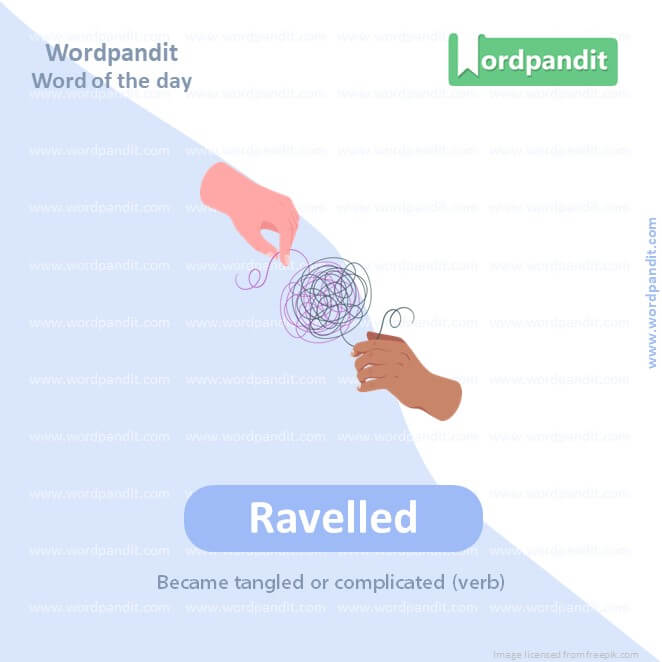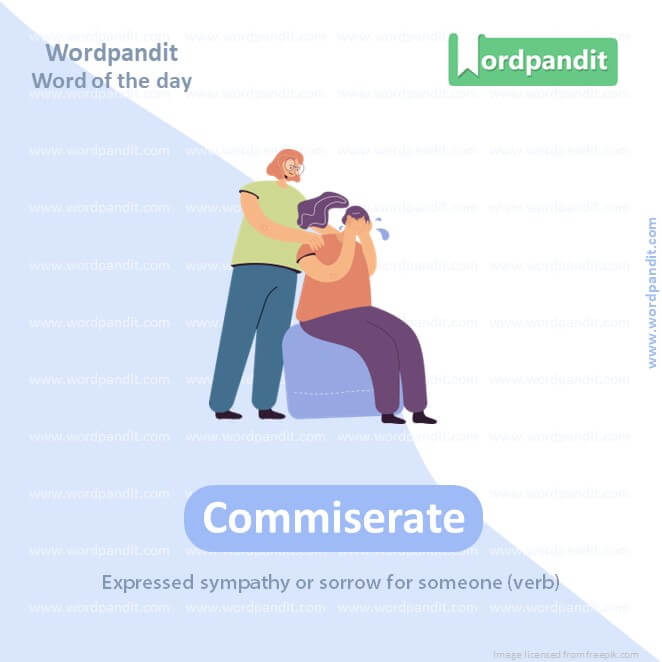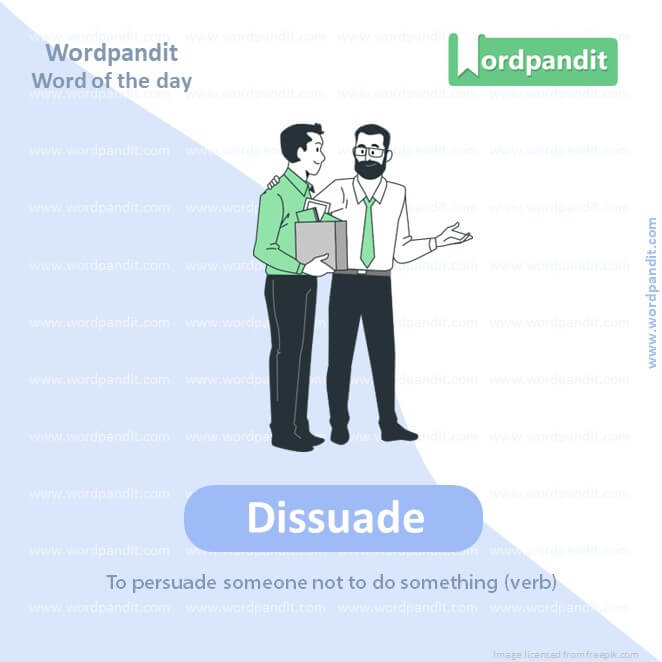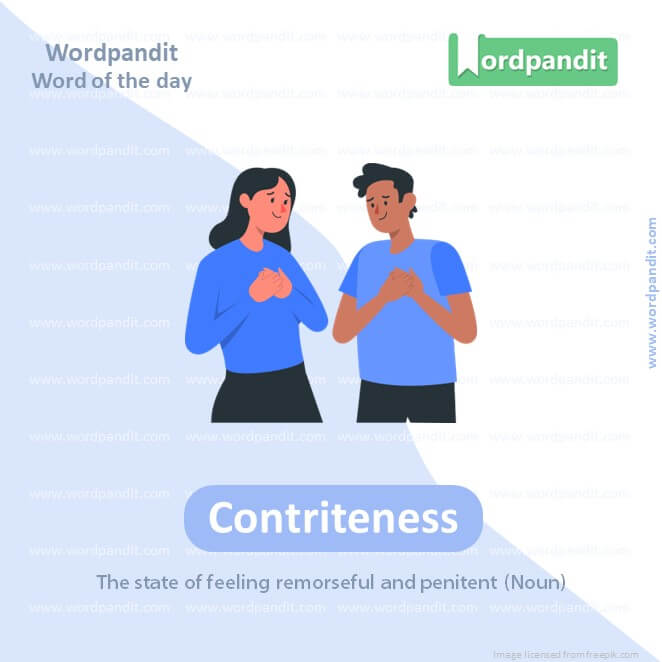Daily Vocabulary Words: Enhance Your Lexicon with Leading Newspapers & Publications
Welcome to the Daily Vocabulary section at Wordpandit!
Our mission is straightforward: to bring you essential vocabulary words featured in top newspapers and publications worldwide. By focusing on words you’ll encounter in renowned sources, we aim to help you enhance your vocabulary effectively and practically.
Our selection includes words from:
– The New York Times
– The Washington Post
– Scientific American
– BBC
– The Guardian
– Psychology Today
– Wall Street Journal
– The Economist
– The Hindu
– The Times of India
– The Economic Times
– Hindustan Times
– Live Mint
– The Indian Express
– And many more.
We are committed to your vocabulary development. Simply visit this section regularly and explore the daily posts. This is your go-to repository for commonly used words, providing significant practical benefits by familiarizing you with vocabulary from the leading publications listed above.
Make it a habit to visit our website daily and expand your lexicon with words from top newspapers and publications.
WORD-1: ELUDED
CONTEXT: Rahul Gandhi’s 4,000 km Kanyakumari to Srinagar walkathon had a positive impact on his image, bringing him recognition that eluded him for years and brought Congress some electoral dividend – election wins in Karnataka and Telangana at least.
SOURCE: Times of India
EXPLANATORY PARAGRAPH: Imagine trying to catch a butterfly with a net, but every time you get close, the butterfly flies away, just out of reach. When something keeps getting away from you like that, we say it “eluded” you.
MEANING: To escape or avoid something or someone in a clever way (verb).
PRONUNCIATION: ee-LOOD
SYNONYMS: escaped, avoided, evaded, dodged, outsmarted, shunned, bypassed
USAGE EXAMPLES:
1. The mouse eluded the cat by hiding in a small hole.
2. The answer to the puzzle eluded me for hours.
3. Despite his best efforts, sleep eluded him all night.
4. The criminal eluded capture for several months.

WORD-2: RAVELLED
CONTEXT: Our ravelled sleeve of care gets no stitches from the elusive sleep and we are lucky if our 40 winks settle for 29.
SOURCE: Times of India
EXPLANATORY PARAGRAPH: Imagine a ball of yarn that’s all neat and tidy. Now, picture pulling on the end, and the yarn starts to tangle up. When something becomes messy and tangled like that, we say it’s “ravelled.”
MEANING: Became tangled or complicated (verb)
PRONUNCIATION: RAV-uhld
SYNONYMS: tangled, knotted, snarled, complicated, confused, mixed up, twisted
USAGE EXAMPLES:
1. The thread ravelled as she pulled on it.
2. His plans ravelled when things didn’t go as expected.
3. The mystery ravelled further as more clues were discovered.
4. Her hair ravelled in the wind, making it difficult to comb.

WORD-3: COMMISERATE
CONTEXT: We commiserate with others of our ilk. The sleepless are global, not just in Seattle.
SOURCE: Times of India
EXPLANATORY PARAGRAPH: Imagine your friend is feeling sad because they lost their favorite toy. When you sit with them and say, “I understand, I’m sorry that happened,” you’re “commiserating.” It means sharing someone’s sadness and letting them know you care.
MEANING: Expressed sympathy or sorrow for someone (verb)
PRONUNCIATION: kuh-MIZ-uh-rayt
SYNONYMS: sympathize, console, empathize, comfort, pity, feel for, share sorrow
USAGE EXAMPLES:
1. I commiserate with my friend after he lost his pet.
2. We commiserated over the tough exam we all had to take.
3. She called to commiserate with her colleague after hearing the bad news.
4. They commiserated together about their difficult week at work.
WORD-4: SLOSHING
CONTEXT: There we are sloshing about in our sleepless misery and sharing tales of tossing and turning and no, no, no ginger doesn’t help, have you tried chamomile, when this person chimes in and says no clue what you guys are talking about, me, I put my head to the pillow and I am zonked, out like a light.
SOURCE: Times of India
EXPLANATORY PARAGRAPH: Imagine when you have a big cup of juice and it spills over the sides as you walk. That splashing and spilling is called “sloshing.”
MEANING: To move liquid around in an unsteady way, often spilling over the sides (verb).
PRONUNCIATION: SLOSH-ing
SYNONYMS: splashing, swishing, spilling, splattering, slopping, gushing, seeping
USAGE EXAMPLES:
1. The water was sloshing in the bucket as she carried it.
2. He could hear the rain sloshing in the gutters.
3. The waves were sloshing against the side of the boat.
4. She walked carefully, trying to avoid sloshing her drink.
WORD-5: ANTI-PIRACY
CONTEXT: Due to a lack of capacity but also because regional navies in recent years have tended to regard anti-piracy operations as a bare-bones act required to reassure international shippers.
SOURCE: Indian Express
EXPLANATORY PARAGRAPH: Imagine someone trying to take something that doesn’t belong to them, like a toy or a movie. “Anti-piracy” means stopping people from taking things that they shouldn’t.
MEANING: Actions or measures taken to prevent or stop piracy (noun).
PRONUNCIATION: AN-tee PY-ruh-see
SYNONYMS: protection, enforcement, prevention, deterrence, safeguarding, defense, security
USAGE EXAMPLES:
1. The company uses anti-piracy software to protect its movies.
2. Anti-piracy laws help prevent the illegal copying of music.
3. They installed anti-piracy measures to stop people from stealing their work.
4. Anti-piracy campaigns teach people about the dangers of downloading illegal content.
WORD-6: PROPONENTS
CONTEXT: The other theory is that the pirates and the militants are acting in concert. The proponents of this line of reasoning cite intelligence that suggests Al-Shabaab in Somalia joined hands with the Houthis in the Red Sea.
SOURCE: Indian Express
EXPLANATORY PARAGRAPH: Imagine you have a favorite game, and you tell everyone how great it is and why they should play it too. When you support something and try to get others to like it, you’re a “proponent.”
MEANING: A person who supports or argues in favor of something (noun).
PRONUNCIATION: pruh-POH-nents
SYNONYMS: supporters, advocates, champions, defenders, backers, promoters, enthusiasts
USAGE EXAMPLES:
1. She is one of the main proponents of recycling in our school.
2. The proponents of the new law argued it would benefit everyone.
3. Proponents of healthy eating encourage people to eat more vegetables.
4. He is a strong proponent of renewable energy.

WORD-7: DISSUADE
CONTEXT: The increase in pirate attacks, some say, is a possible attempt by Al-Shabaab to highlight its disruptive potential to European states that are inclined to recognize Somaliland, as well as to dissuade the UAE and Saudi Arabia from investing in Somaliland’s ports.
SOURCE: Indian Express
EXPLANATORY PARAGRAPH: Imagine your friend wants to do something dangerous, like jumping off a high place, and you tell them it’s not safe. When you try to change their mind and stop them, you’re “dissuading” them.
MEANING: To persuade someone not to do something (verb)
PRONUNCIATION: dih-SWAYD
SYNONYMS: discourage, deter, prevent, caution, advise against, warn, persuade
USAGE EXAMPLES:
1. I tried to dissuade him from taking the risky job.
2. She was dissuaded by her parents from going out in the storm.
3. The teacher dissuaded the students from cheating on the test.
4. Nothing could dissuade her from following her dreams.

WORD-8: BEREAVED
CONTEXT: None could have poured out the anguish of a human better than an abused, violated, and bereaved mother by the name of Bilkis Bano.
SOURCE: Indian Express
EXPLANATORY PARAGRAPH: Imagine when someone you love, like a pet or family member, is no longer with you, and you feel very sad. That deep feeling of loss is called being “bereaved.”
MEANING: Suffering the loss of a loved one (Adjective)
PRONUNCIATION: bih-REEVD
SYNONYMS: grieving, mourning, sorrowful, heartbroken, saddened, distressed, lamenting
USAGE EXAMPLES:
1. The bereaved family gathered to remember their loved one.
2. She offered comfort to the bereaved after the funeral.
3. The bereaved were given support by their friends.
4. He felt bereaved after losing his best friend.

WORD-9: CONTRITENESS
CONTEXT: The released convicts did not show any contriteness; nor did they walk into the sunset.
SOURCE: Indian Express
EXPLANATORY PARAGRAPH: Imagine breaking something important by accident and feeling really sorry for what you’ve done. That feeling of being truly sorry is called “contriteness.”
MEANING: The state of feeling remorseful and penitent (Noun)
PRONUNCIATION: kun-TRYT-nis
SYNONYMS: remorse, guilt, regret, penitence, repentance, sorrow, shame
USAGE EXAMPLES:
1. His contriteness was clear after he apologized for the mistake.
2. The contriteness in her voice made it clear she felt sorry.
3. He showed contriteness by making amends for his actions.
4. The judge noticed his contriteness and gave a lighter sentence.
WORD-10: REPRIEVE
CONTEXT: This column is not about the unjustified reprieve won by the convicts.
SOURCE: Indian Express
EXPLANATORY PARAGRAPH: Imagine you’re about to go to bed early, but then your parents say you can stay up a little longer. That extra time feels like a “reprieve,” which is like a break from something difficult or something you didn’t want to do.
MEANING: A temporary relief from something unpleasant, or a delay of punishment (noun); to provide relief or delay (verb).
PRONUNCIATION: rih-PREEV
SYNONYMS: relief, postponement, delay, pardon, break, respite, stay
USAGE EXAMPLES:
1. The prisoner was given a reprieve just before the execution.
2. The holiday provided a much-needed reprieve from work.
3. They hoped for a reprieve from the heavy rain during the picnic.
4. The judge decided to reprieve the sentencing until further evidence was provided.
Vocabulary Definition
Understanding a language requires a deep grasp of the ‘vocabulary definition’. These precise meanings of words shape our understanding and communication. However, to successfully learn ‘vocabulary definition’, one must do more than just memorize a dictionary. So what’s the perfect approach to assimilating ‘vocabulary definition’?
The compelling answer is context. To truly comprehend ‘vocabulary definition’, expose yourself to diverse reading materials such as books, magazines, newspapers, and digital content. This approach equips you with a practical understanding of ‘vocabulary definition’ and illuminates the nuanced ways in which they get employed in conversation and writing.
An innovative way to enhance memory while learning ‘vocabulary definition’ involves visualization. By creating a mental image representing the definition, your brain can help cement the association between the word and its meaning, improving recall capability significantly.
Now, understanding and retaining ‘vocabulary definition’ is only one part of the equation. The other, equally essential part is application. Actively using these words in your personal conversations, professional communication, or social media posts will reinforce your understanding and usage of ‘vocabulary definition’.
Interactive language tools can be a great help when mastering ‘vocabulary definition’. Language-learning software and applications often provide comprehensive word definitions, examples, and even quizzes to test your learning progress.
In conclusion, the journey of embracing ‘vocabulary definition’ demands a blended approach. Diversified reading materials, visualization techniques, active application, and the leverage of modern language-learning tools together chart a pathway to mastering ‘vocabulary definition’. Remember, every word definition you conquer is a stepping stone leading you to the magnificent mansion of language proficiency. Happy learning!













